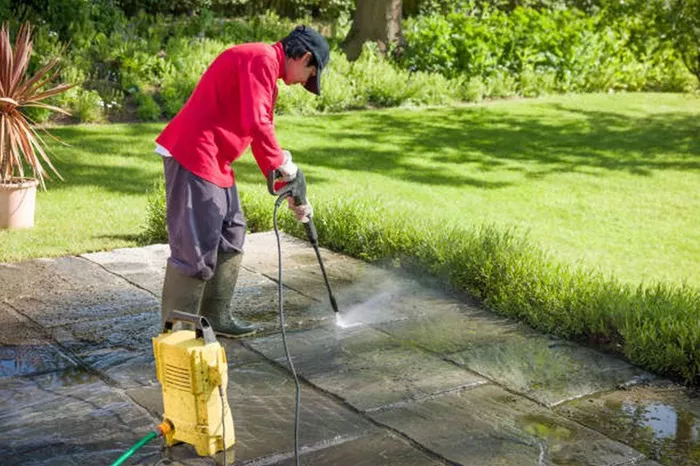Some social etiquette is fairly clear when it comes to being a guest, like proactively removing your shoes when you enter the house. Cleaning your host’s home, however, is a murky area where it can be hard to tell whether it’s polite or disrespectful.
For example, you might think vacuuming is a kind act of service, but others might think it means you’re judging the cleanliness of their home.
On the other hand, you might avoid putting dirty cups in the dishwasher for fear of getting it wrong, while your host silently resents the extra work.
To put these silent debates to rest, we consulted a professional etiquette coach. Here are the chores she recommends you do, and which you should skip to be a good guest.
Whether you’re staying for a week or just for one dinner, Cheperdak suggests you keep this rule in mind. “At a minimum, guests should leave things as they were, or better,” she says. “It’s a sign of respect for the time and effort the host has put into your presence.”
However, there are different degrees of “better.” For example, proactively clearing the table after dinner and putting away leftovers is very different than thoroughly cleaning out the fridge in the process. When in doubt, don’t overdo it; stick to cleaning up after yourself and the group you’re attending.
Regardless of your intentions, doing extra chores beyond just picking up after yourself could be seen as disrespectful or rude. That’s not for you as the guest to decide. “It really depends on the host,” Chepedak says.
“Some people don’t get offended at all—they might even be happy that organizing their spice drawer brings you joy. Others might get embarrassed or uncomfortable because they interpret your efforts as judgmental.”
The key is to know your audience, and when in doubt, ask your host directly if they’d be willing to do a particular chore.
“Putting in without permission, especially when it comes to personal chores like vacuuming or tidying up, can make a host uncomfortable,” she says. “Your intentions may be well-intentioned, but you also want to respect their pre-existing preferences or habits.”
It’s also important to consider the specific circumstances of your visit. For example, if you’re just visiting for a leisurely visit as part of your normal life, your host may not expect you to participate in routine cleaning activities.
However, if you’re visiting someone who just had a baby or had surgery, doing extra chores can be very helpful.
The line between respect and rudeness when cleaning a house as a guest is a fine one, but Chepedak sums it up well.
“Hosts appreciate guests who are present, polite, and untidy, not those who treat their home like a project.”
So don’t ruin a great visit by doing someone else’s chores, but also try to avoid adding extra chores to your host’s. In addition to cleaning up after yourself, there’s one more thing you can do to leave a positive and lasting impression.
“Always write a handwritten thank you note after your visit,” Chepedak says. “It’s one of the most classic, yet underrated ways to show appreciation.”
Related topics:
- Greenworks Unveils Most Powerful Portable Hybrid Pressure Washer
- Amazon’s Best-Selling Pressure Washer Hits Lowest Price Since 2019
- Powerful Pressure Washer for Car & Patio Now Under $90

